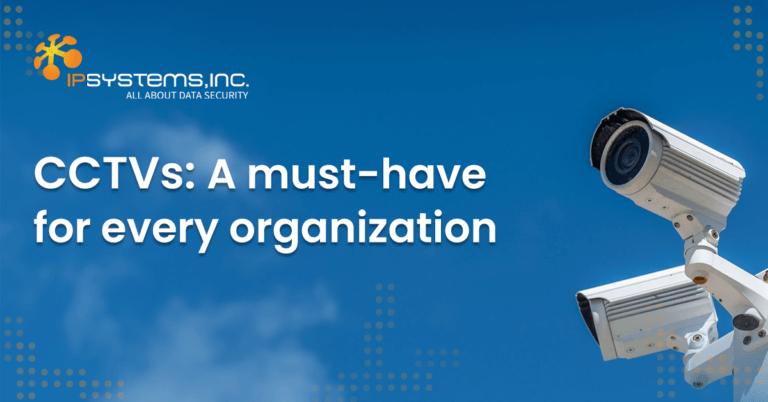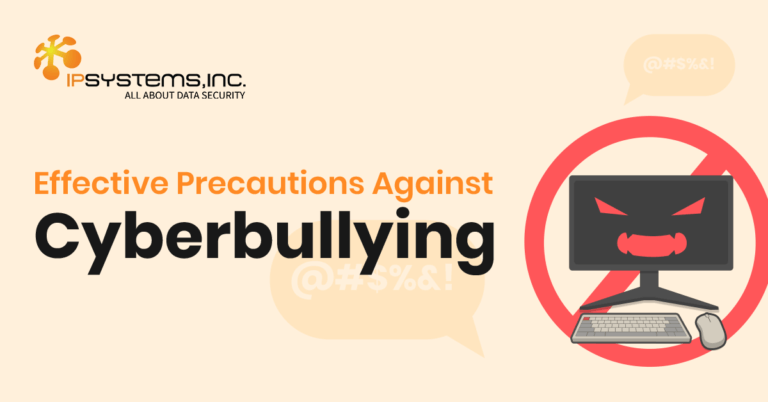
Innovating your Business with Green Data Centers
Blog: Innovating your Business with Green Data Centers Data centers are centralized facilities equipped with essential hardware like servers, storage devices, and networking equipment.

“Are you a hacker?" That's a question most people will be embarrassed to answer. How about the follow-up, “What type of hacker are you?”
Over many years, Hollywood has reinforced the hacker stereotype of a recluse in unlit surroundings, furiously pounding away at their keyboard as a gazillion lines of cryptic code pace rapidly across the screen. Phrases such as "Access Granted" are familiar outcomes that keep audiences in awe and make them "feel" the story.
What we’ve described is what the word “hacker” evokes in the imaginations of many people. But hackers aren’t always criminals or people on the wrong side of the law. Indeed, some hackers work hard to protect us from the bad guys. This good breed of hackers helps to keep our data secure.
So, what kinds of hackers are there?
Once upon a time, cartoons and spaghetti westerns depicted the good guys in a black hat, while the nice guys wore a contrasting white hat. How do people identify to what extent a hacker would help people or partake in criminal hacker? That brings us to the terms “black hat,” “gray hat,” and “white hat.”
Who's a black hat hacker? It refers to a criminal who hacks into apps to steal information.
Black hat hacking involves gaining access to data they shouldn’t have access to. The information may belong to users, businesses, or governments. Their aim for stealing the data is to fulfill some evil purposes. It’s for this reason that they’re known as “black” hat hackers.
Black hat hackers are a crucial component in countless numbers of crimes. Many are excellent programmers, using their abilities to access passwords and critical data. Others resort to using social engineering tactics to coax consumers into disclosing sensitive data.
The goal for a black hat hacker will include any or a combination of some of the following:
Every vulnerability is a window for hackers to attack your organization. That’s why software vendors channel plenty of resources to detect flaws or weaknesses in their systems before hackers get a chance to do so. Many companies take the step of instituting procedures for the early detection of vulnerabilities. Stepping ahead of cybercriminals is a significant step in winning the war against cyber threats.
These authorized hackers are legally allowed to probe systems for vulnerabilities. They may also work with a third-party cybersecurity solutions provider tasked with keeping an organization’s systems secure. Companies who are serious about securing their data and information assets pay white hat hackers to break into their systems and find potential weaknesses criminals might exploit. In some cases, the bad elements are already exploiting this weakness.
White hat hacking buys organizations enough time to harden their systems before the bad guys get a chance to wreak havoc. Hardening is the process of improving the security of a system and minimizing the risk of future attacks. It is critical in software development.
Often, when a good hacker identifies vulnerabilities, they tell the owner how to fix them. Other times, they may fix the flaw themselves to ensure no one with bad intentions can spot the flaw at any time in the future.
Ideally, a software engineer should think like a hacker and test the security limits of the software they build. Testing software with such rigor will go a long way to keep criminals out.
When white hat hackers do their job early and right, there’ll be fewer opportunities for black hat hackers to work with or exploit.
White hat hackers usually undertake formal training to learn and improve their skills. It includes certifications, conferences, courses, and training for ethical hacking. As we've shown, the main difference between a white hat hacker and a black hat hacker is that the white hat hacker is working with "permission."
This set of hackers are similar to grey areas in many aspects of life. The grey hat hacker doesn't aim for carnage or personal gain. However, they may use unethical methods and commit crimes in their approach.
Whereas a black hat would compromise a system and fulfill unhealthy missions and a white hat would have permission to test how robust the system’s security is, gray hats are different.
Unlike white hat hackers, grey hat hackers might initially attempt to access the system without permission. However, they'll only inform the company after they let them fix the issue. So while their intentions may not be bad, they're as guilty as black hat hackers of compromising a security system without permission.
A grey hat hacker who discovers a security flaw on a web application or software may prefer to disclose the flaw to the public instead. It deprives the organization of time to fix it. In such cases, the flaw doesn't directly benefit the hacker – which is what black hat hacking aims to do. However, the disclosure may allow black hat hackers to take advantage of the flaw before any attempts to fix it.
It’s advisable for organizations in the Philippines to be proactive about cybersecurity. It’s no longer optional, as malicious actors in the form of black hat hackers continue to be a threat to the corporate landscape.
Apple CEO, Tim Cook, has said the next big war is on cybersecurity, making white hat hackers a necessity instead of a luxury. As the world relies more on software, we need people with the skills to ensure we can safely carry out banking transactions, make purchases, send confidential documents via mail, and use messaging apps.
IPSYSTEMS is a reliable cybersecurity partner that has served businesses in the Philippines for several years. We have the tools and know-how to shield your organization, operations, and customers from the harmful acts of cybercriminals. You can contact an IPSYSTEMS representative today for a preliminary assessment of your cybersecurity systems.



Blog: Innovating your Business with Green Data Centers Data centers are centralized facilities equipped with essential hardware like servers, storage devices, and networking equipment.

Blog: CCTVs: A must-have for every organization Nearly every business and organization, regardless of size, has already implemented CCTV Services within their premises because

Blog: Combating Bullying in Digital Classrooms: Empowering Students for a Safer Learning Environment Bullying is a pervasive issue that inflicts emotional, psychological, and physical